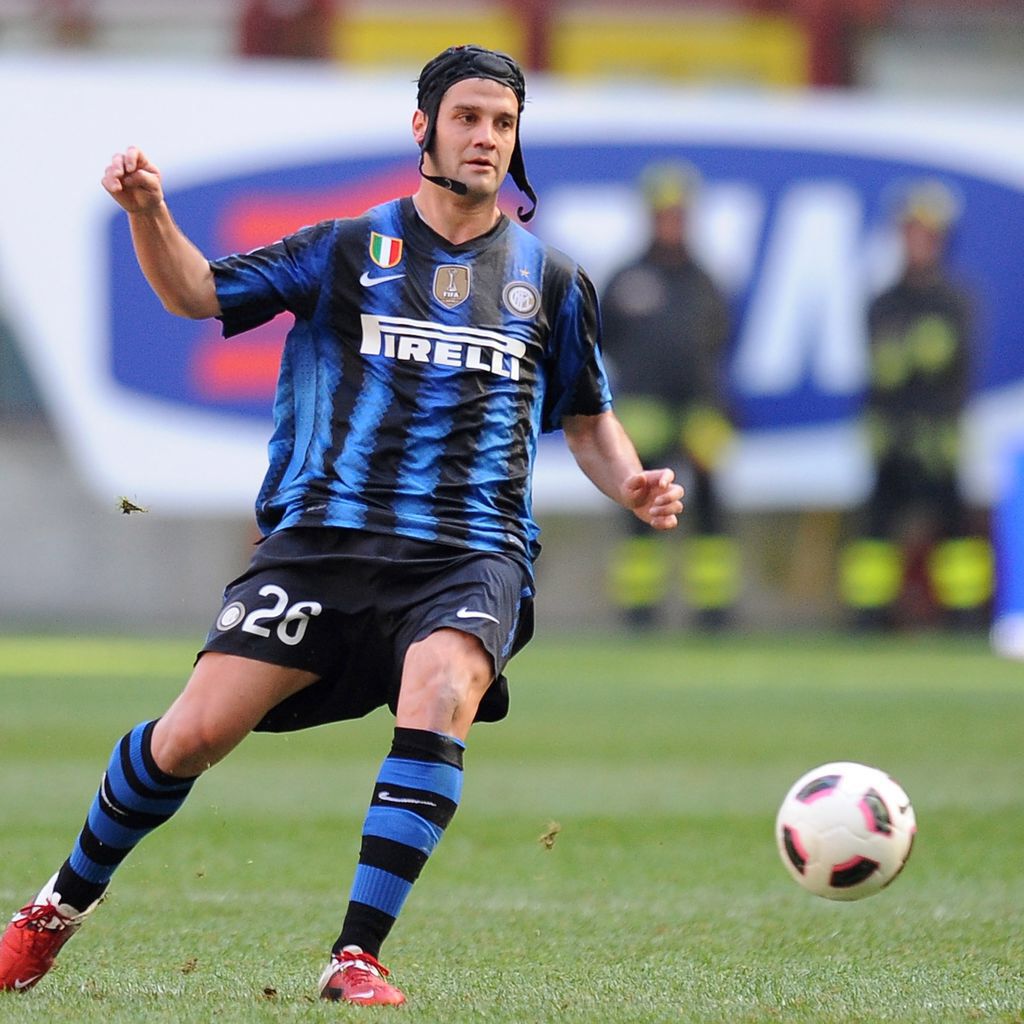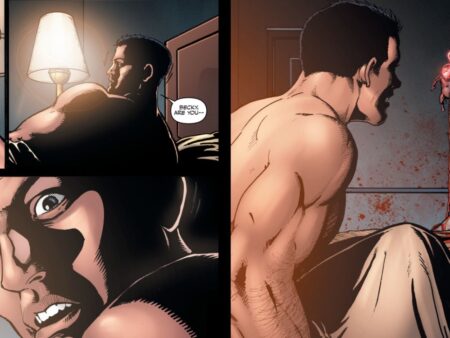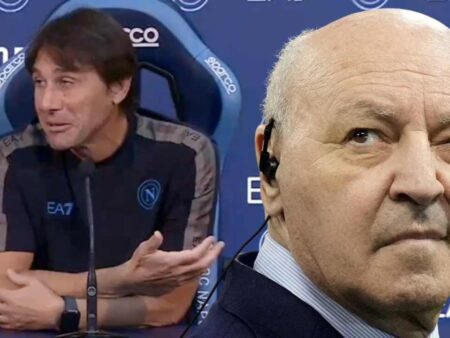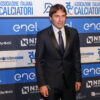
Following Inter Milan`s defeat to Udinese, coach Cristian Chivu shared his initial thoughts, emphasizing the need for time to change deep-rooted habits and refine game management within the squad.

Cristian Chivu reacts during Inter Milan`s Serie A match against Udinese.
Chivu`s Underlying Message
In his post-match press conference, Cristian Chivu, known for his careful choice of words, implied that his tenure as coach is still fresh, and the issues observed are not entirely new. He stressed the difficulty in altering “habits rooted over the years” and his objective to “remove some small flaws in game management.” This suggests a recognition of pre-existing problems requiring significant effort and time to correct, rather than immediate, quick fixes.
A related discussion from Gazzetta.it, titled “Inter, a half-revolution: what Chivu needs to do to go beyond Inzaghi,” highlights the broader context of the tactical and mental overhaul he aims to implement.
Defensive Shortcomings
A primary area of concern is Inter`s defense. The team conceded another goal due to an individual error, specifically from Bisseck, who hesitated and adopted incorrect body posture, allowing Atta to shoot from the edge of the box. While Bisseck has had a season marked by numerous mistakes, the defensive issue is more systemic. Atta`s goal originated from Inter losing possession on the left flank during build-up play in the 40th minute. An imprecise pass from Bastoni was intercepted, initiating Udinese`s counter-attack. This highlights a broader tactical naivety during construction phases and an eagerness to push forward. Chivu`s remarks about “flaws in game management” are directed at these tendencies. He is actively working to instill new principles such as re-pressing, high pressing, and seeking depth in a squad that has operated with different automatic movements for the past four years.

Atta`s goal originated from a build-up error by Bastoni on the left flank. This image shows the moment Inter loses possession upfront.
Embracing Tactical Flexibility
Inter`s established routines are widely recognized, and many have contributed to their recent success, including two Champions League finals in three years, a Scudetto, and various cup victories. Under former coach Inzaghi, the team was known for its cohesive play and consistent reliance on a 3-5-2 formation. However, Chivu is now striving to cultivate a new concept of tactical fluidity, aiming to adapt the game plan as matches progress. Against Udinese, when trailing 2-1 with twenty minutes remaining, the coach experimented with both a 3-4-2-1 and a 4-2-4 formation. He deployed Esposito behind the ThuLa attacking duo and brought on all four strikers, with Thuram and Bonny on the wings. While these tactical adjustments did not immediately yield concrete results, they signal a clear shift in philosophy. Instilling this new mental and tactical approach in a squad accustomed to a different system will undoubtedly require considerable time and effort.










